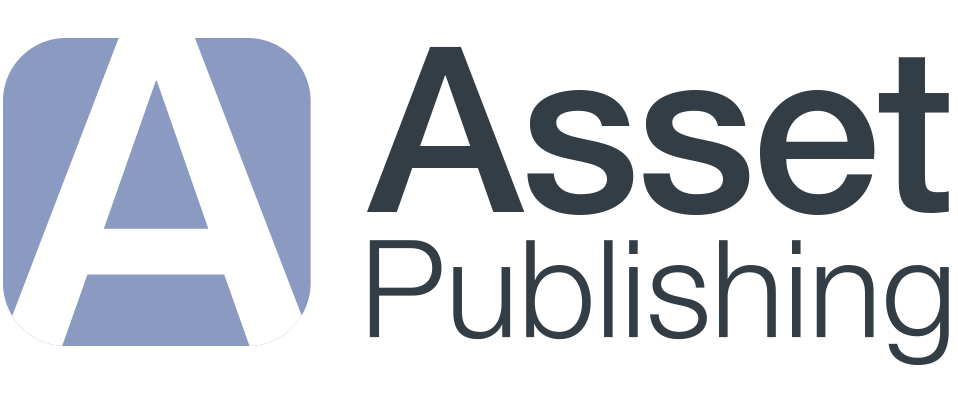Proposed cash prohibition in scrap/waste metal sales raises concern
National Employer Federation, the Steel and Engineering Industries Federation of South Africa (SEIFSA), has voiced its opinion on two critical issues and themes which emerge from the proposed amendments to the Regulations to the Second-hand Goods Act, 2009 published for comment in early July 2024.
The proposed amendments envisage an enhanced reporting system that will require the submission of monthly electronic reports via the Metal Trading System (MTS) showing all purchases and sales of metal products.
President of SEIFSA, Elias Monage, says that while the federation supports reasonable and rational reporting requirements to track the trade in scrap and waste metal (which are already required under the Act), “the submission of the granular detail envisaged under the MTS has not – and cannot – be accepted by the industry in its current form and its attempted introduction under the guise of an amendment to the Regulations is not action in good faith.”
“There are numerous critical concerns regarding the proposed MTS and required information disclosure which we believe render open to legal challenge and review on the grounds of it being disproportionate, irrational, unreasonable, and ineffective and not being the rational modus or response for curing the mischief that it is intended to curb,” he says.
He goes on to say that the proposed amendment raises serious issues of disclosure of confidential and proprietary information with concern exacerbated by the security breach suffered by the DTIC in early January 2024 with grave concerns of possible abuse by individuals from government departments and law enforcement agencies who have been accused of allegedly being complicit in criminal conduct and/or activities but have yet to be removed from their positions of authority.
“It will not assist the authorities as those involved in illicit trade will totally ignore and disregard any such requirements because criminal activity can never be managed by way of regulation.”
However, SEIFSA is most concerned about the prohibition of the use of cash in scrap and waste metal transactions which Monage says will result in unintended economic consequences and hardship for the informal sector (or waste pickers) who comprise a large bona fide segment of the supply value chain.
“The proposed blanket prohibition will threaten the very existence and viability of these bona fide and law-abiding participants and ultimately sterilise this critical component of the supply chain (approximately 350 000 waste pickers per DTIC published figure), leading to economic devastation or welfare ruin and enhanced poverty for these operators as well as all those many millions of our people who rely on them for economic support.”
“Most of these waste pickers are not criminals dealing in stolen material but rather legitimate self-employed individuals who are desperately trying to eke out a lawful living collecting untainted scrap metal from legitimate sources and supplying it to registered dealers. These individuals from the informal sector, many of whom are unsophisticated and do not have the means cannot be expected to establish bank accounts or put in place other costly and sophisticated mechanisms/ channels for the receipt of funds electronically.”
“The major contributing factor by far to the damage to infrastructure stems from the procurement and trade in tainted copper and we believe that the aim of the draft policy on measures to limit damage to infrastructure and the economy will still be met and will not be undermined if allowance is made for this segment of the supply chain to be paid in case for all scrap and waste metal – other than copper scrap and waste and, to be paid in cash for copper scrap and waste but limited to R10 000 per transaction.”
SEIFSA says that further constructive and meaningful engagement with the Minister and industry stakeholders must take place to find a path for greater self–regulation and pave the way for a lasting solution to eliminate theft and damage to infrastructure in a manner that is workable for all players to avoid the unintended consequences that some of the draft policy regulations will yield.
“Rigorous and ineffective regulation yielding unintended consequences is not a desired outcome for all bona fide participants in the sector and indeed the economy of South Africa as whole.”
The views and opinions expressed in this article are those of the author and do not necessarily reflect the official policy or position of Property Wheel.
